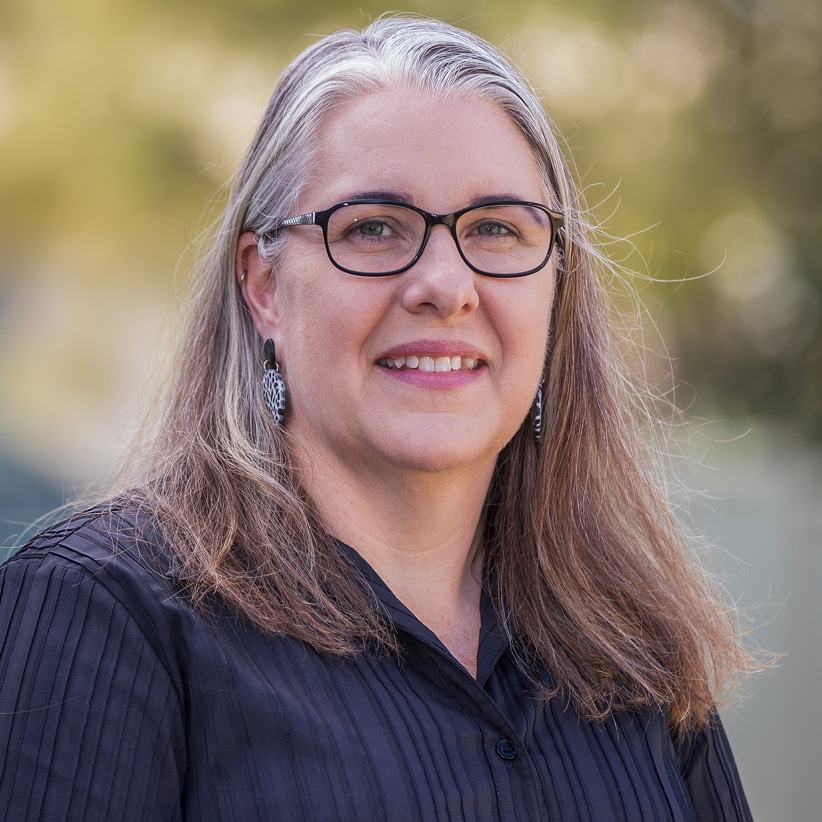Julie Londsale-Light was 41 years old when she started experiencing symptoms of MS. Concerned, Julie visited her doctor about her symptoms, and was sent for a CATSCAN, MRI and a lumbar puncture to investigate further.
“The diagnosis process took approximately six weeks in total. But because I was living in a small regional town, I experienced some difficulty in travelling long distances to see a neurologist and attend all my appointments.”
Looking back, Julie says there were other symptoms which she had dismissed as other things.
“I knew very little at all about MS and have no family history.”
Despite the challenges and obstacles Julie faced prior to and following her diagnosis, she felt totally supported, and says she made no secret of what she was going through.
“All the medical staff were wonderful and caring. I felt able to ask any questions and was also given a wealth of information to access in my own time. I was supported by my family and work, MS Queensland, MS Nurse through Biogen, my local MS Facebook group, NDIS, a Support Worker, counsellor, physiotherapist and occupational therapist, and many more individuals.”







